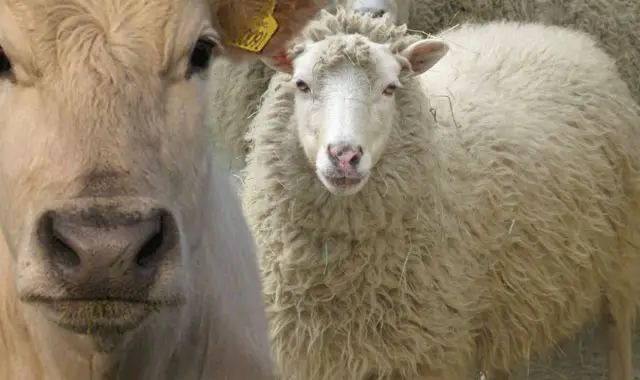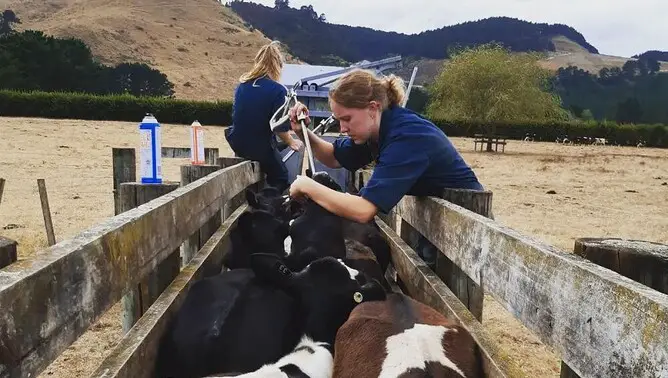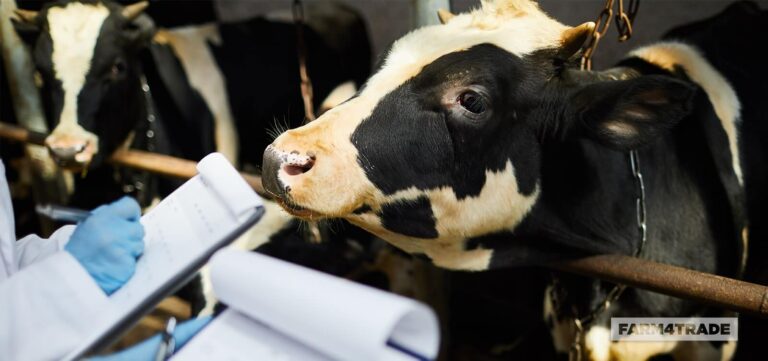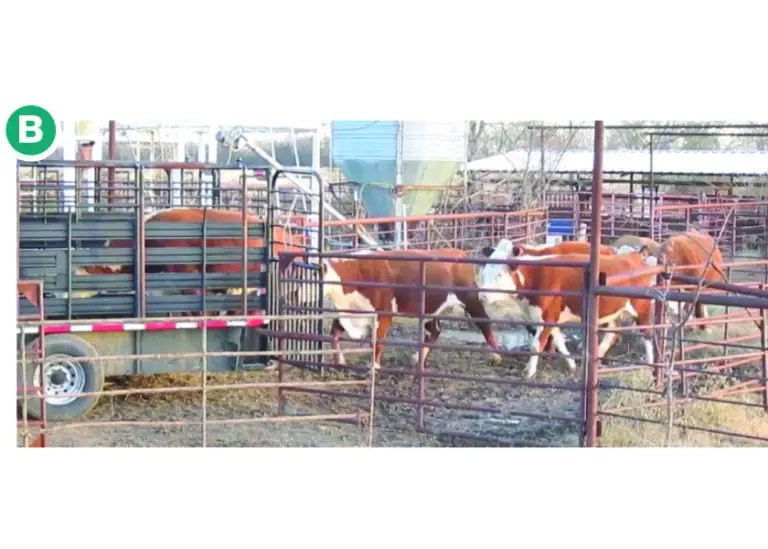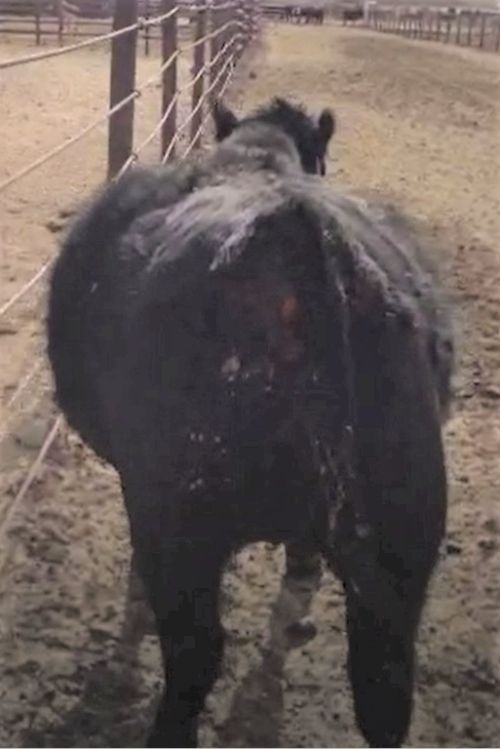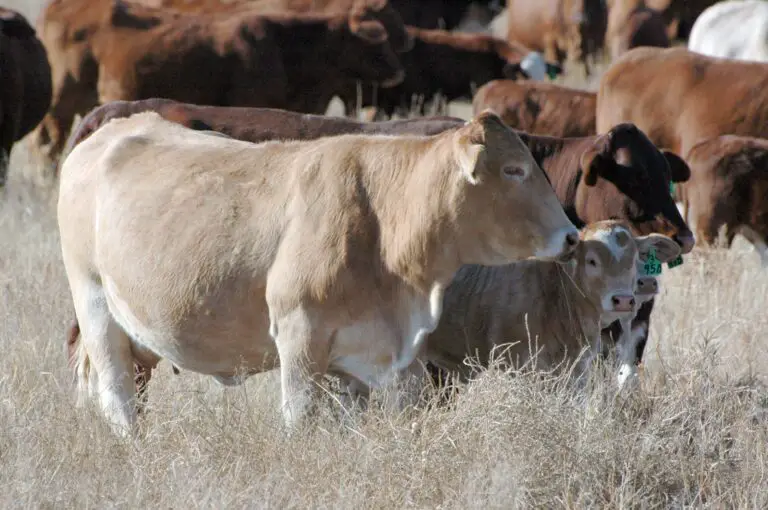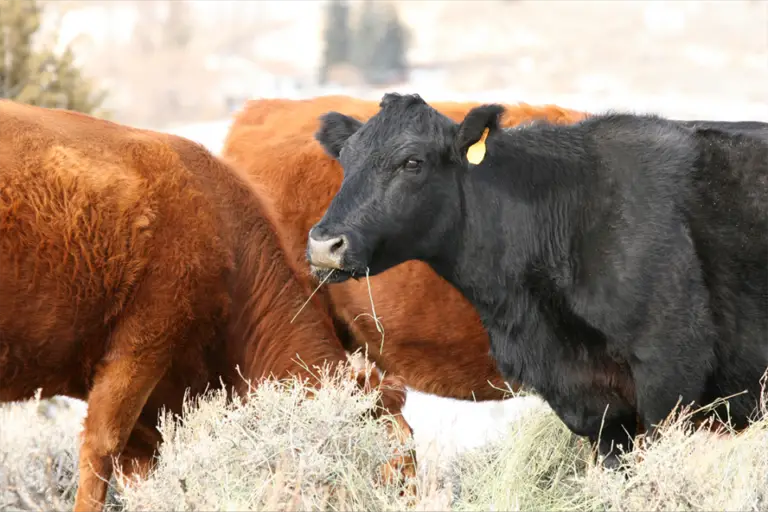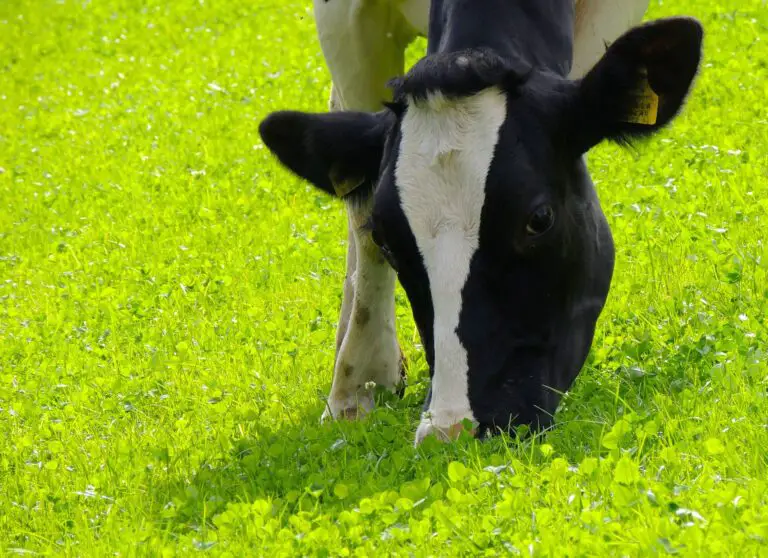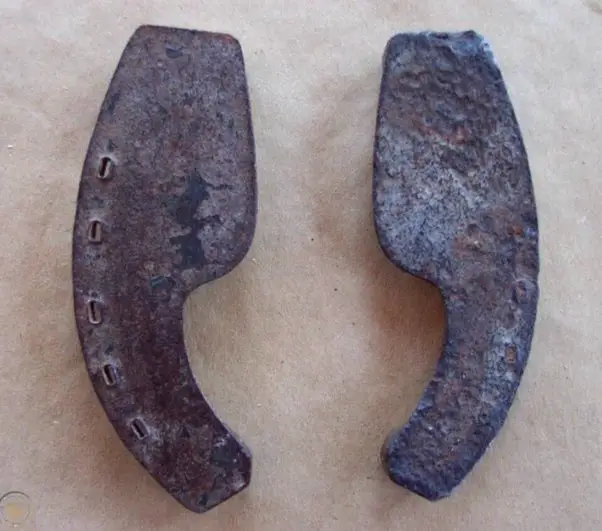What is the Difference between Cattle And Sheep: A Comparative Analysis
Cattle belong to the bovine family, while sheep belong to the ovine family. Cattle are primarily farmed for meat and milk, while sheep are farmed for meat and wool, and occasionally milk. Both cattle and sheep are domesticated livestock animals that have been raised by humans for centuries. While they share similarities in being hoofed…
